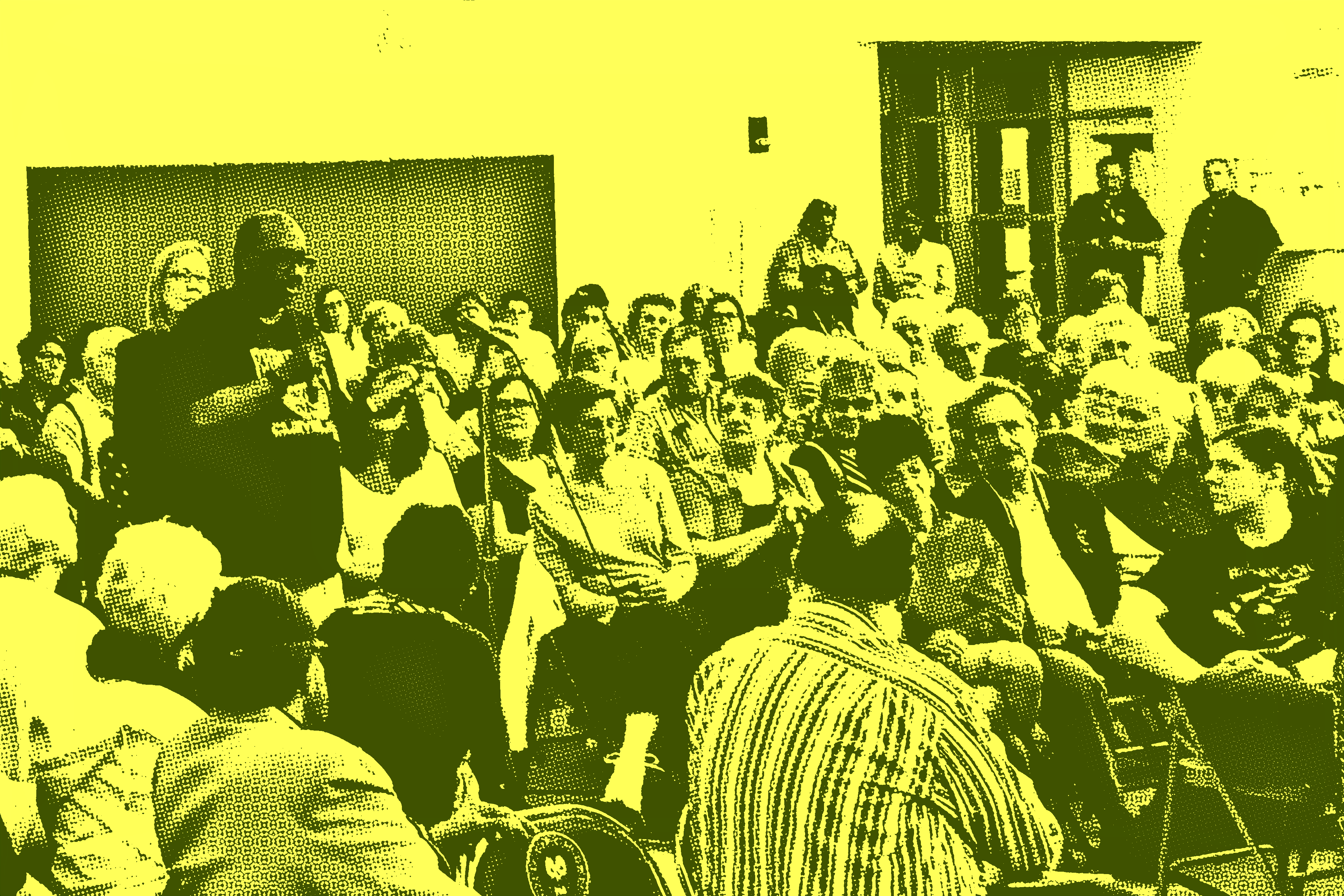The Importance of Discomfort in Building Movements
Kernekoncepter
Efforts to build diverse movements require engaging with discomfort and differences to create meaningful change.
Resumé
Efforts to build diverse, intergenerational movements will always generate conflict and discomfort. The desire to shrink groups down to spaces of easy agreement is not conducive to movement building. Organizers need to engage with people they may dislike or not fully identify with, as this is crucial for creating movements large enough to combat oppressive forces. Constructive engagement, listening skills, and navigating discomfort are essential for effective organizing and sustainable movements. Building trust-based spaces allows for confronting harm and conflict effectively through accountability mechanisms that prioritize growth and learning.
How Much Discomfort Is the Whole World Worth? - Boston Review
Statistik
"Organizing on the scale that our struggles demand means finding common ground with a broad spectrum of people."
"We need more people."
"Incarcerated people organizing within prisons often learn to put feuds aside because they recognize the necessity of building together."
"A skilled organizer should be able to work with people who aren’t of their own choosing, including people they don’t like."
"Political transformation is not as simple as handing newcomers a new set of politics."
Citater
"Political transformation is not as simple as handing newcomers a new set of politics and telling them, 'Yours are bad, use these instead.'" - Author
"Even if the person who’s talking is off base, we can often still learn by listening to them." - Author
"People need room and opportunities to grow." - Ejeris Dixon
Vigtigste indsigter udtrukket fra
by kl. www.bostonreview.net 02-26-2024
https://www.bostonreview.net/articles/how-much-discomfort-is-the-whole-world-worth/
Dybere Forespørgsler
How can social media impact the authenticity of solidarity efforts in organizing?
Social media can both facilitate and hinder authentic solidarity efforts in organizing. On one hand, platforms like Twitter have been instrumental in mobilizing movements and spreading awareness about important issues. However, social media can also create a performative culture where individuals are pressured to showcase their solidarity through words or slogans without meaningful action behind them. This emphasis on appearances rather than substance can dilute the authenticity of solidarity efforts, leading to shallow engagements that do not translate into tangible change.
Is there a risk in demanding perfection from organizers regarding political ignorance or missteps?
Demanding perfection from organizers when it comes to political ignorance or missteps poses significant risks to movement building. The fear of making mistakes can stifle creativity, learning, and growth within organizing spaces. It may deter individuals from engaging in crucial conversations or taking necessary risks for fear of being criticized or ostracized for their imperfections. This zero-tolerance attitude towards errors undermines trust-building and vulnerability within groups, essential components for effective collaboration and sustainable movements.
How does active listening contribute to building sustainable movements beyond discomfort?
Active listening plays a vital role in building sustainable movements by fostering understanding, empathy, and trust among participants. When organizers actively listen to diverse perspectives—even those they may disagree with—it creates space for dialogue, reflection, and growth. By truly hearing others' experiences and viewpoints without judgment or interruption, organizers can build stronger relationships based on respect and mutual support. Active listening also allows for conflict resolution mechanisms to be more effective as it promotes open communication and accountability within groups. Ultimately, by honing their listening skills, organizers can navigate discomforts inherent in movement work while nurturing inclusive environments conducive to long-lasting collective action.
0
